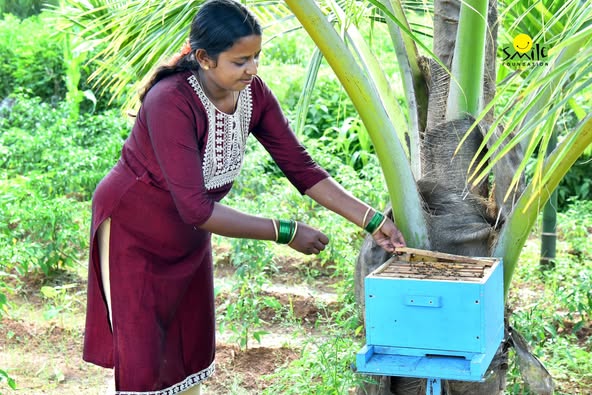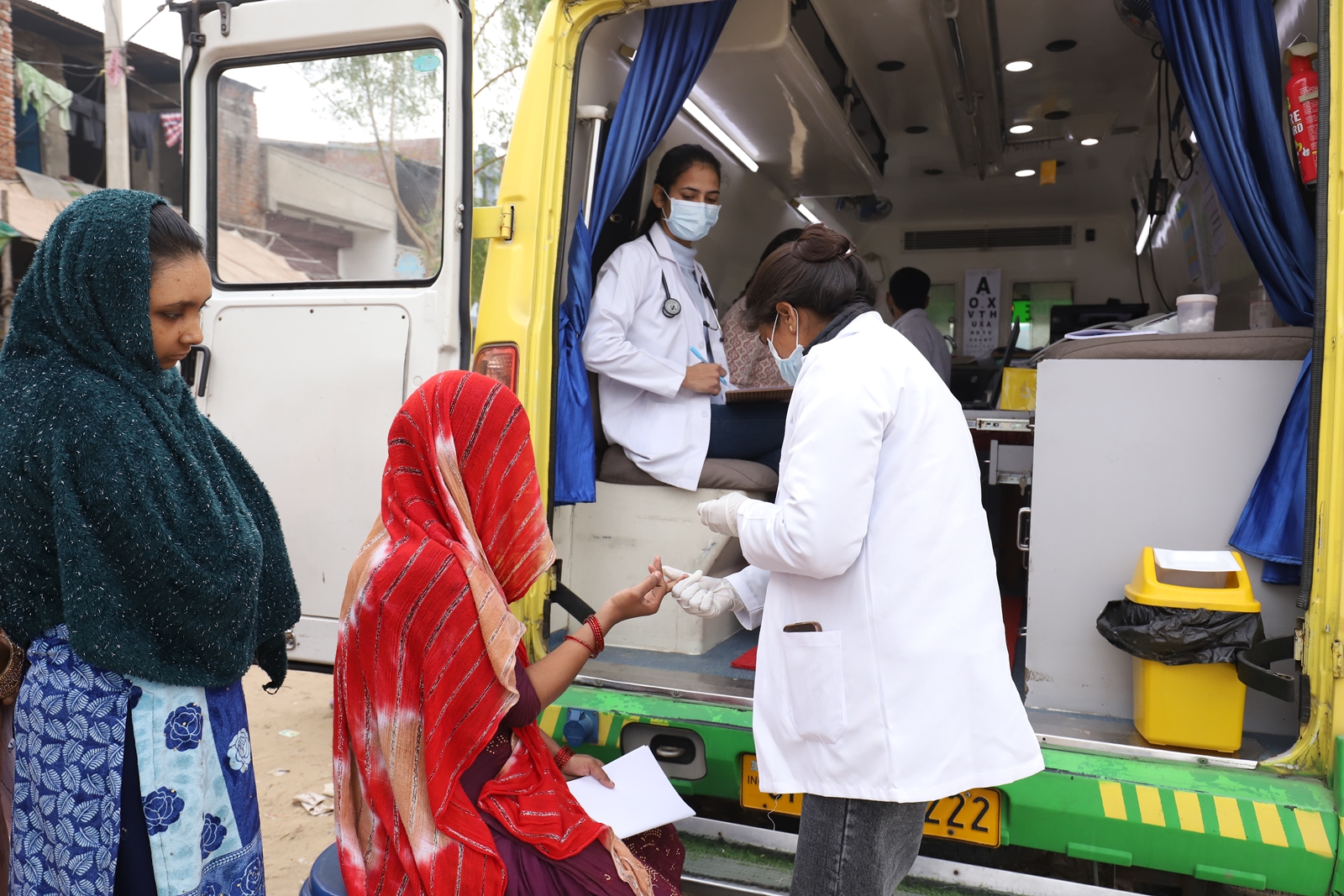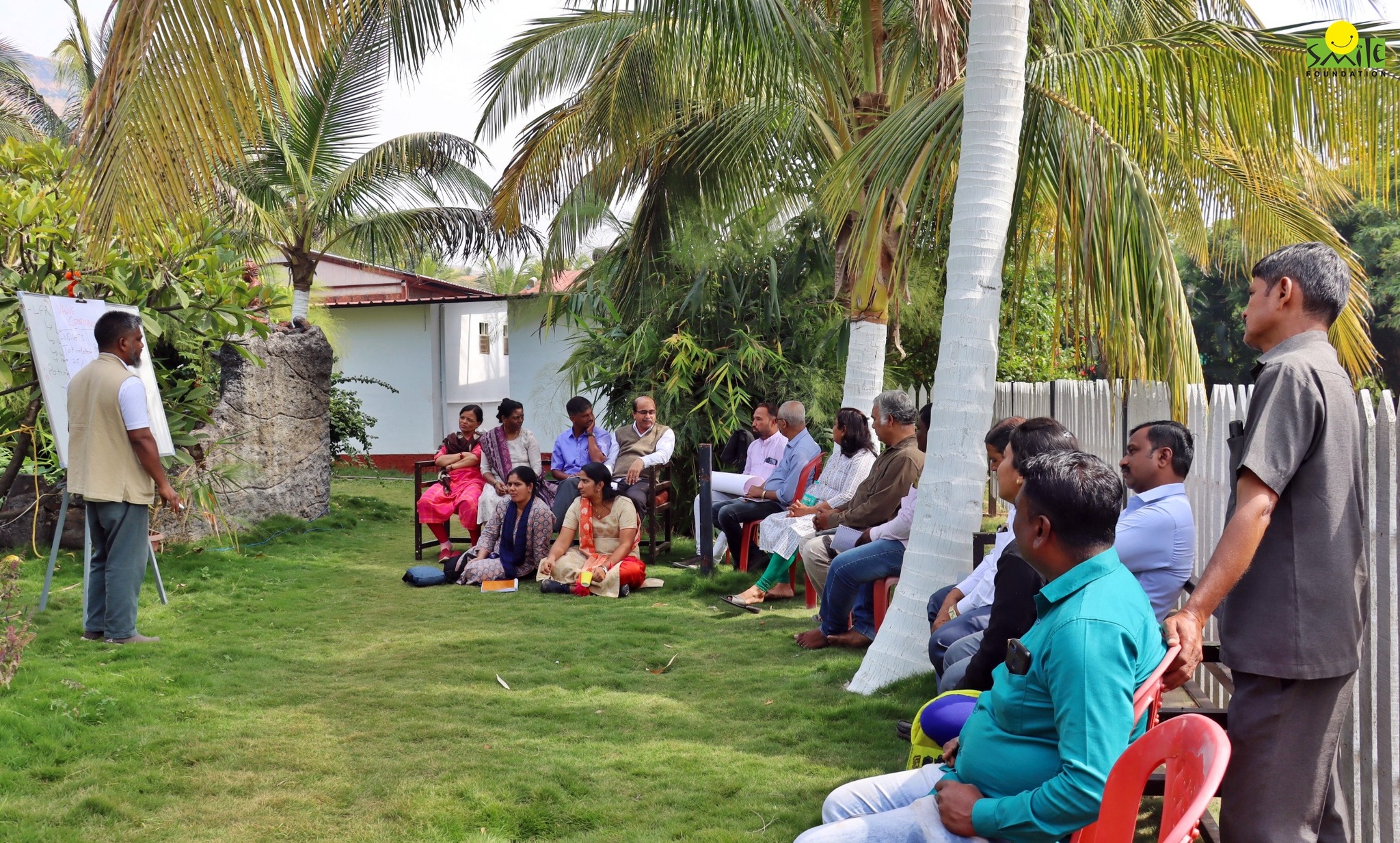Every day, thousands of Indians head to airports across the country for work and leisure travel. But how many know that, at present, 14 airports in the country (as per the Press Information Bureau website) are operated under Public Private Partnership (PPP)? For instance, the Delhi International Airport Limited (DIAL) was developed under a PPP model between the Government of India, the Delhi State Government, and a consortium of private players, including companies like GMR Group, Fraport AG (Germany), and Government of Singapore Investment Corporation (GIC).
What are public-private partnerships?
Every human being on earth has the right to water, sanitation, economic growth, education and health. And these are some of the goals that the United Nations has envisaged in the form of the 17 Sustainable Development Goals, which it wants nations and governments to achieve by 2030.
According to World Economic Forum (WEF), 2.2 billion of the population still don’t have access to safe drinking water services, says the UN Children Joint Monitoring Programme and World Health Organization (WHO). Meanwhile, 4.2 billion people – more than half the world’s population – still have no access to safely managed sanitation services. UNICEF’s Water Sanitation and Hygiene (WASH) assessment shows that 946 million people still defecate in the open. According to a Brookings Institution report, it may take anywhere between $5-$7 trillion annually for developing countries to achieve the SDGs by 2030. For India, the financing gap is $565 billion. And that’s where PPPs can play a vital role. Since government resources alone are usually not sufficient to close the financing gap, the more effective way to achieve it is through public-private partnerships.
A PPP is a “contract between a government body and a private one to deliver a public service or provide an asset for the public”. The contract is a long-term one, and the risk is borne by the private party. Returns are usually linked to how well the private firm performs.
How are PPPs different from CSR
PPPs are formal partnerships between the government and the private sector to jointly deliver public services or infrastructure projects. The public sector (government) and private sector (businesses) share resources, risks, responsibilities, and benefits. These partnerships are typically focused on long-term projects, such as infrastructure development, healthcare, education, transportation, etc.
Corporate social responsibility (CSR) is a commitment by businesses to engage in social and environmental activities that benefit the community. CSR is a company’s initiative to contribute positively to society beyond their primary business goals, often done through donations, community programmes, employee volunteerism, and environmental conservation. CSR efforts are usually separate from the company’s core business activities, and while they can have a long-term impact, they are more focused on corporate goodwill rather than contractual obligations.
“CSR is mandated by law and companies can implement CSR activities in many ways – by giving funds to support a programme etc. A PPP could be a larger plan of any organisation where the company ties up with a government department. They can set terms and are involved in the project, they can’t just give money and forget about it,” says development professional Meera Sundararajan.
Public-private partnerships focus on leveraging private sector expertise, resources, and capital to efficiently deliver public infrastructure and services. Their primary goal is to improve the efficiency, quality, and timeliness of public services and infrastructure projects. CSR focuses on the social and environmental impact of businesses, going beyond profit maximisation. The primary goal is to promote ethical and sustainable business practices, build a positive reputation, and contribute to the well-being of society and the environment.
Why are PPPs important?
With governments facing resource constraints, establishing PPPs is the way forward. PPPs help in mobilizing private sector capital and expertise for infrastructure projects, which is crucial in a developing economy like India. Private companies also usually have a greater incentive to complete projects on time, as their profits are tied to meeting deadlines and performance standards. This leads to better project management and quicker implementation of infrastructure projects.
Private companies also bring specialized skills and experience in managing and operating complex infrastructure projects, leading to increased operational efficiency. The private sector often introduces new technologies and innovative solutions to improve the quality of infrastructure, reduce costs, and enhance services.
The risks involved — financial, operational, and construction-related — are shared between the public and private sectors, based on their ability to manage them. This ensures that the government does not bear the full burden of risks and can leverage the private sector’s expertise in handling challenges.
PPP projects create job opportunities, both directly through the construction and operation phases, and indirectly by boosting local economies. This is particularly important in India with its vast population, where unemployment rates are high. Improved infrastructure, such as better roads, airports, and ports, stimulates economic growth by enhancing connectivity, promoting trade, and attracting foreign investment.
Many PPP projects come with a focus on the long-term maintenance of infrastructure. Since private players are often responsible for the upkeep of the infrastructure for an extended period, it ensures that projects are not just built but also properly maintained and upgraded.
PPPs can bring about social change
Forging PPPs can bring about change in every sector and have a social impact. “PPPs can play a great role in the field of education. For instance, in rural areas, industries can help set up and/ or improve the infrastructure of schools,” says Meera. The private sector can support the development of schools, vocational training centres, and educational technology platforms. “They can even adopt an anganwadi centre and run it, while the government agencies play a monitoring role.”
The private sector can partner with the government to set up skill development centres and vocational training programmes, especially in underserved regions. These centres can equip youth with the skills needed to secure employment or start their own businesses, which is crucial in a country with a large youth population.
In healthcare, PPPs can lead to better healthcare infrastructure, such as hospitals, clinics, and diagnostic centres, through private sector investments. “PPPs can ensure that government hospitals match the standard of corporate hospitals in terms of infrastructure, facilities, and treatment available,” says Dr A V Srinivasan, Emeritus Professor, Tamil Nadu Dr. M.G.R. Medical University.
A good example of PPP in healthcare is the Pradhan Mantri Bhartiya Janaushadhi Pariyojana (PMBJP), a campaign launched by the Department of Pharmaceuticals. It makes unbranded quality generic medicines available at affordable prices through public-private partnership. PMBJP stores have been set up to provide generic drugs, which are available at lesser prices but are equivalent in quality and efficacy as expensive branded drugs.
PPPs partnerships can also play a key role in expanding water supply systems and sanitation facilities, which in turn improves public health in rural and urban areas.
Such partnerships can enable the development of low-cost housing projects where private companies provide construction expertise and funding, while the government ensures policies for affordability.
Urban development is one area where PPPs can bring about change. Or instance, the Smart Cities Mission, a flagship initiative by the Indian government, involves PPPs to develop smart infrastructure like traffic management systems, waste management, and affordable housing. According to PIB website, more than 50 cities have successfully developed or are developing 199 projects through PPPs worth ₹9,200 crore.
It can also help with transport and connectivity. Better public transport systems such as metros, buses, and roads help improve accessibility and mobility for the general public. Well-developed transport infrastructure connects people to jobs, markets, and healthcare facilities, enhancing their economic opportunities and quality of life. “The private sector could partner with the state transport corporation, and can help in providing inputs for setting up good, high quality bus shelters,” says Meera. Some corporates also maintain public parks, which everyone has access to, she adds.
Role NGOs play through these partnerships
Smile Foundation has been tying up with various organisations to bring about change in the field of education, healthcare and women empowerment.
The Foundation operates six active scholarship projects in collaboration with donors including Deutsche Bank, Quantiphi, Quest Global, and Siemens. These projects collectively benefit over 2,000 students. Our commitment to increasing this figure ensures that more and more young men and women are granted the opportunity to excel in sectors with high growth potential and make a significant contribution to our development.
To make dental treatment affordable and accessible and to address the gaps existing in dental healthcare at the community level, Smile Foundation joined hands with GlaxoSmithKline Asia Private Limited (now Haleon). The dental health units have been providing diagnostic as well as curative services through roster based OPDs. We organize regular Information, Education and Communication (IEC) activities to enhance health seeking behaviour.









